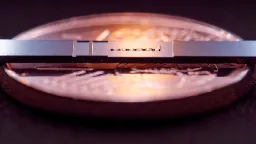For a long time scientists have been trying to figure out what was been behind the extinction of the dinosaurs. Here is the latest theory - it's all about dust.

The echinoderms more closely resemble disembodied heads than multi-limbed creatures, experts have discovered

One "big wet lizard" was chewed on by another.

MIT engineers aim to produce totally green, carbon-free hydrogen fuel with a new, train-like system of reactors that is driven solely by the sun. In a study recently published in the Solar Energy Journal, the engineers lay out the conceptual design for a system that can efficiently produce “sola

A four-week study published in Science of The Total Environment suggests that increasing ventilation in bedrooms enhances sleep quality, highlighting the importance of air quality for overall well-being. ...

There soon may be a new cure for sickle cell disease that attacks the disorder at its genetic source.

The synthetic pigment could be used in everything from military uniforms to cancer treatments.
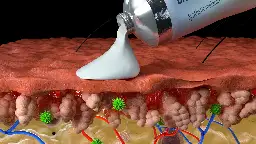
To understand where artificial intelligence might be heading, we must first understand what consciousness, the self and free will mean in ourselves.

Archaeologists hope to reunite the 18-ton torso of the Assyrian deity with its head, severed by smugglers decades ago

Ferdinand Magellan, who murdered and enslaved indigenous people, was not an astronomer nor the clouds' discoverer.
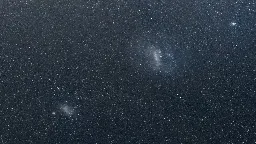
The mysterious dense layers of the Earth’s mantle could be remains from our planet’s collision with the protoplanet Tea 4.5 billion years ago

Scientists at the Ontario Institute for Cancer Research (OICR) have uncovered one way tobacco smoking causes cancer and makes it harder to treat by undermining the body's anti-cancer safeguards.
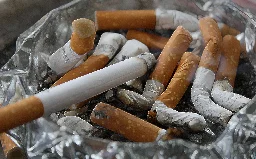
This particular burst, called GRB 230307A, was likely created when two neutron stars - the incredibly dense remnants of stars after a supernova - merged in a galaxy about one billion light-years away.
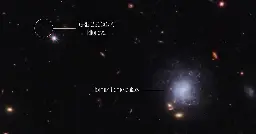
The findings demonstrate self-recognition could be more common among animals than previously thought

Declassified photos taken by Cold War-era spy satellites have revealed hundreds of previously unknown Roman-era forts, in what is now Iraq and Syria, a new study found.

Solar energy is set for a rapid expansion – but only if several barriers are overcome, according to new research.

Despite occupying large green spaces, golf courses are not necessarily good for the environment. Conservationists are reclaiming and rewildling the spaces in an effort to boost biodiversity.

Chemical changes inside Mars's core caused it to lose its magnetic field. This, in turn, caused it to lose its oceans. But how?

A new solar desalination system takes in saltwater and heats it with natural sunlight. The system flushes out accumulated salt, so replacement parts aren’t needed often, meaning the system could potentially produce drinking water that is cheaper than tap water.
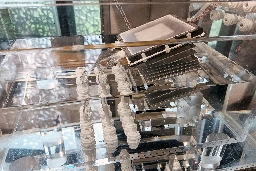
Scientists have created the world's first nanophotonic electron accelerator, which speeds negatively charged particles with mini laser pulses and is small enough to fit on a coin.
